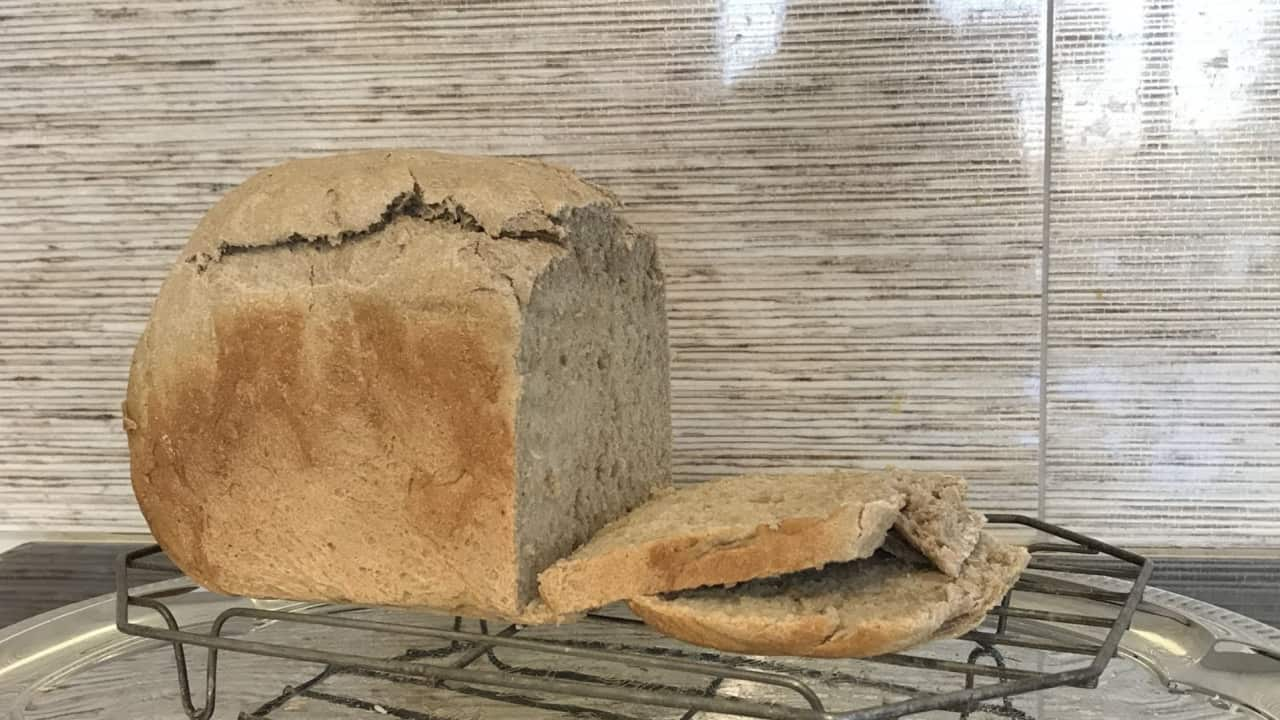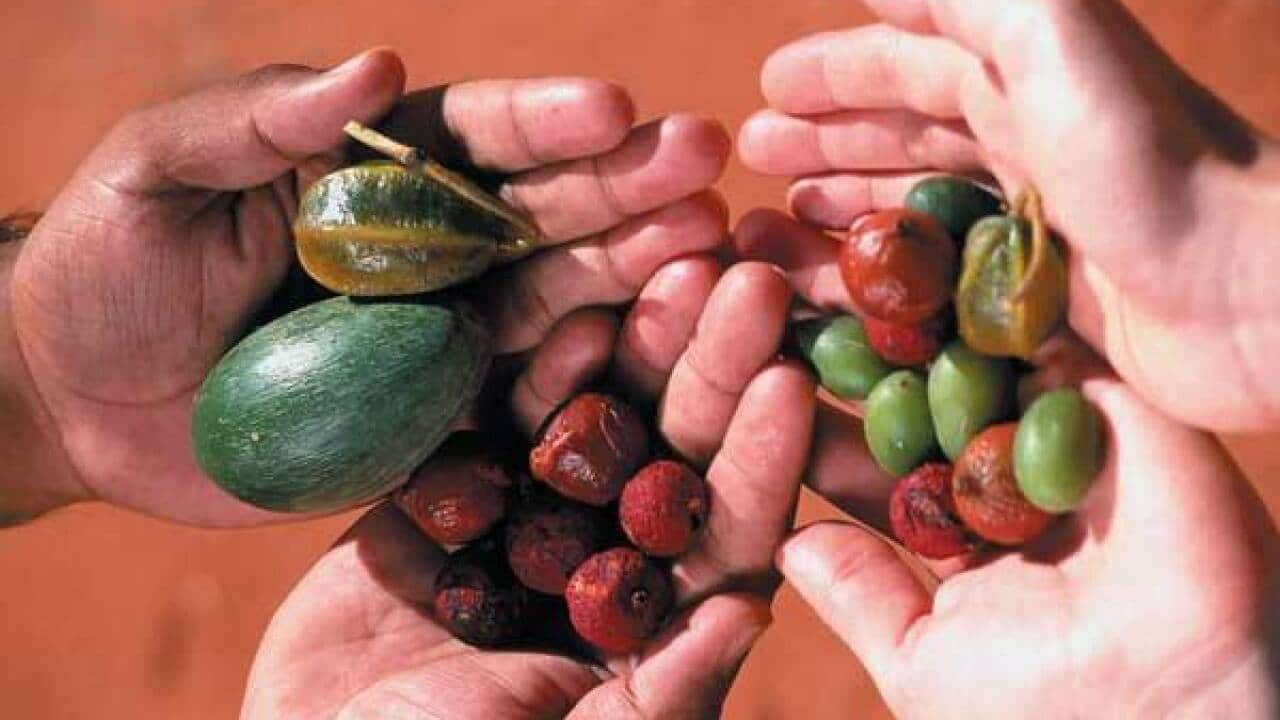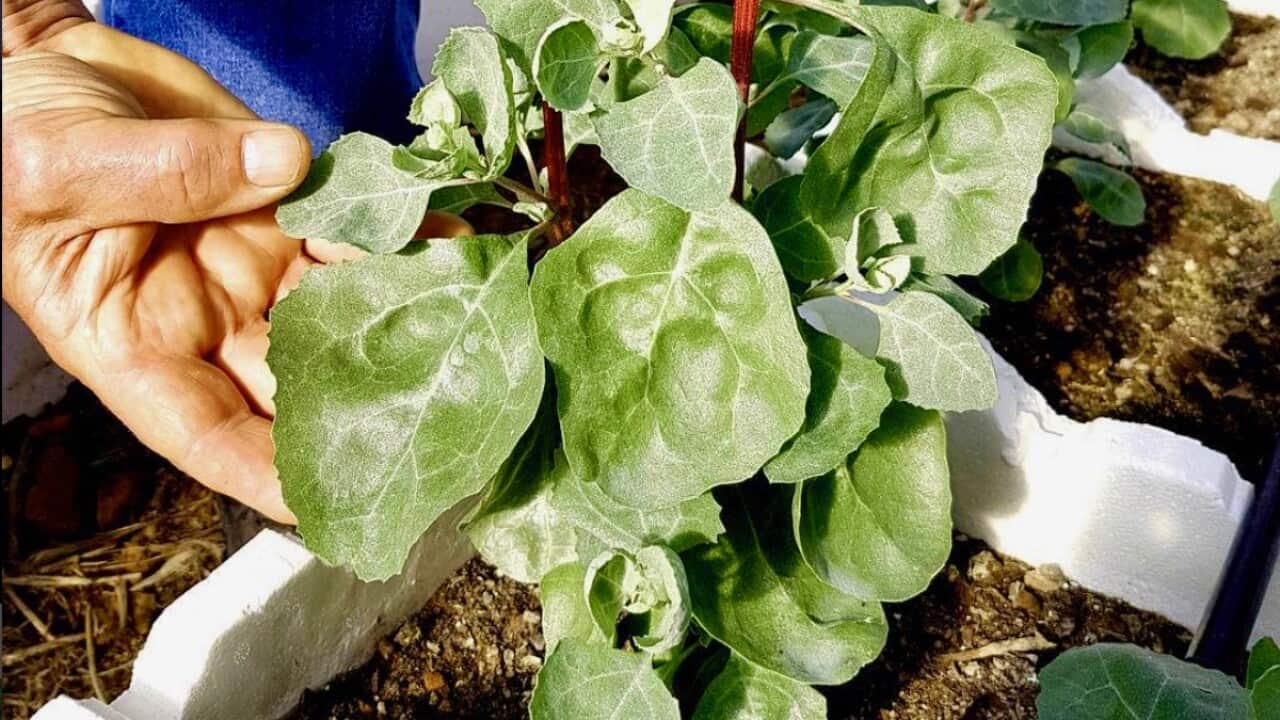NAIDOC Week is a national celebration of Aboriginal and Torres Strait Islander peoples, history and culture, and runs from July 2-9 2023.
If you've ever wanted to shape bread, cakes or pasta sheets from Indigenous grains, you should visit . Since late March, the First Nations organisation has been selling native flours made from Mitchell, button and spear grass grown on Yuin Country.
The history of this breakthrough Indigenous product began long before that, though. You could argue that it started 65,000 years ago – a grindstone of that era, found in Kakadu, indicated that Indigenous Australians . It's a discovery that , a proud Yuin, Bunurong and Tasmanian man, wrote about in his book in 2014. It has since and led to greater recognition of Indigenous agricultural and cooking practices – in particular, Pascoe's that "Aboriginal people were the first people in the world to make bread, 15,000 years in advance of the Egyptians".
He's been reviving the act of baking with Indigenous grains via the Yumburra farm he bought in 2018, located on Yuin Country, near , in Victoria's East Gippsland region. One vital way that (which he started with son Jack) achieves this is by growing native grasses – such as Mitchell, button and spear varieties.
For the farm's program manager, Caley Callope, walking among these plants has been a profound experience.
"I come from two very staunch Aboriginal parents and four grandparents that were born and raised on missions," she says, in reference to her Badjala, Anguthimri and Bindal heritage.
"And when I went to the farm…I, for the first time, experienced Yuin people on Yuin land, practising cultural land management practices, doing , engaging with native foods, reclaiming cultural practices that their ancestors did; there's something really special and healing about witnessing something like that."
For her, it's particularly significant because she didn't grow up on her own Country, so she's experienced some disconnection from her Indigenous culture, despite having strong ties to her family.
"So witnessing Yuin mob on Yuin Country doing those cultural practices, you know, re-engaging with traditional native grasses, creating flour that hasn't existed since pre-colonisation is something that is really powerful," she says. "I got tears in my eyes because it's an incredibly beautiful Country. And that land rejuvenation that they're trying to do there with the soil and reclaiming traditional foodways and processes is very hopeful."
I got tears in my eyes because it's an incredibly beautiful Country.
from Black Duck Foods oversaw the most recent Yumburra harvest, which took place a lot later than expected. "When I was out on the farm with them, they were taking me out and going, 'it's not ready, it's not ready yet'." She points out it's a case of listening to the land and drawing on traditional knowledge.
They collect native grasses from neighbouring farms, too. "We've got some nice relationships with those spaces," she says. "[It's] a really nice example of how non-Aboriginal Australia and Aboriginal Australia can coexist on complicated land."
INDIGENOUS TUCKER

The seasons and flavours of Indigenous baking
Currently, Black Duck Foods offers a variety of native flours: a spear grass flavour, a Mitchell and button grass blend, and a product combining kangaroo and spear grass.
"When you open the package, you feel the flour – it has this grainy texture. And if you taste the flour, it's nutty and earthy, and just glides through your fingers," the program manager says.
A loaf baked with kangaroo and spear grass is hard and dense – in a way we associate these qualities with healthier, more wholesome breads. But it also maintains an appealing softness, too. "When you eat that bread, it doesn't leave you feeling regretful," she says.
Callope says and suggests Indigenous grains are better for you, health-wise. And there are ethical and environmental pay-offs with native grasses, too – they're drought-resistant plants that don't require pesticides, fertiliser or other resources. "They're food that is grown for this climate," she says. "There are a lot benefits from eating it."
This native flour range has sparked collaborations with the , while restaurants, cafes and bakeries are experimenting with the products, too.
She points out the Black Duck Foods' flours are "really versatile" – their farm manager Chris Harris has crafted "incredible" lasagne sheets with them, for instance.
Collaboration is a vital part of what they do, particularly when it comes to meaningfully engaging with other mobs.
"An example is the Mitchell grass – that's not Yuin grass, that doesn't belong to Black Duck Foods. It's Kamilaroi grass," she says. "There is a cultural protocol, making sure that before we just go and take grass that doesn't belong to us, that we're having conversation with the Kamilaroi mob. And we're saying, 'hey, can we do this? How did you guys do it? Who are the knowledge holders here?'"
A really nice example of how non-Aboriginal Australia and Aboriginal Australia can coexist on complicated land.
Ensuring Indigenous communities benefit from their work is key to Black Duck Foods' aims. "We're actually really trying to work alongside other mob who are interested, who own that food, to make sure that we're giving back."
And with every grass that's planted at Yumburra, Black Duck Foods reminds us of the long, rich history of Indigenous baking and land management that's existed here for thousands of years – and how they're continuing that tradition with each grain of flour the farm produces.
MORE INDIGENOUS COOKING

How a humble loaf of bread made from native millet could change lives









